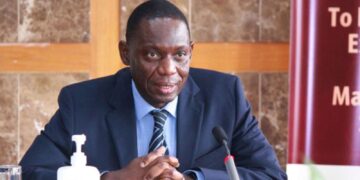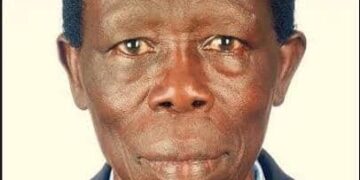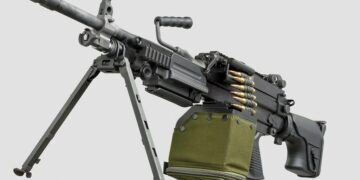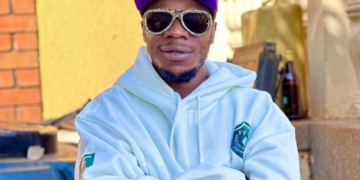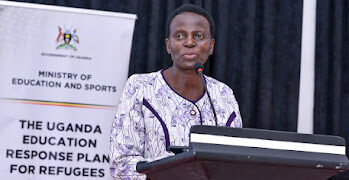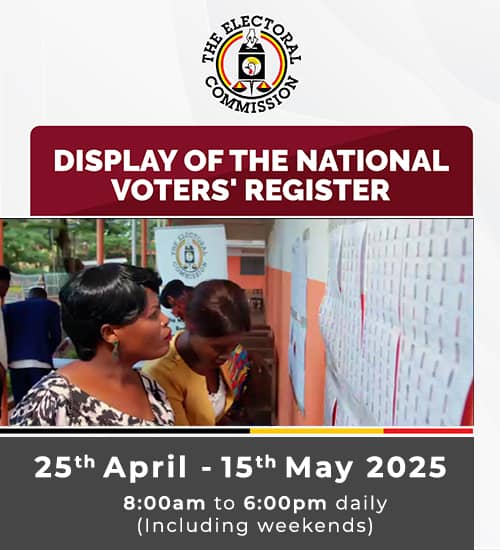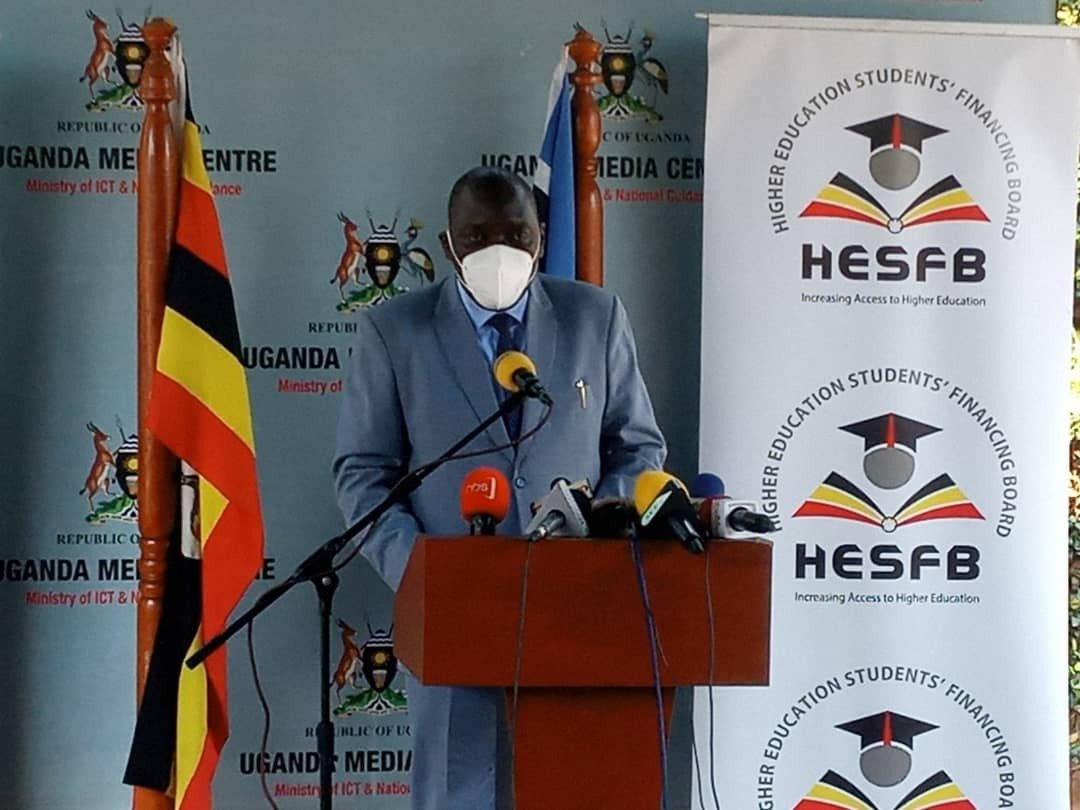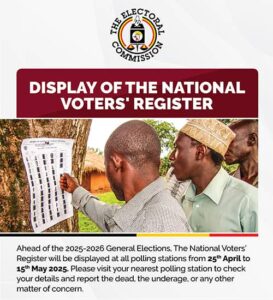By Byamukama Richard Bard
The developments in Sudan over the last few days are not good for the stability of the nation or its prospects for any transition to democratic rule and such stakes of the current unrest could go beyond the immediate future of Burhan, Dangalo, and even the Sudanese nation, and there is urgent need to force civilian rule and subsequent democracy.
Since the 2021 coup that ended the transitional government that replaced the long time violent Sudanese military ruler Omar al Bashir in 2019, Sudan has been run by the army which the coup leader General Abdel Fattah Burhan as the ruler.
In the same way, General Mohammed Hamdan Dangalo who is commonly known as ‘Hemedti’ the RSF leader has worked alongside the Sudanese army to keep the military junta in power
We are talking about two men, and two factions with ideological differences over the future of Sudan due to greed for power and more power, this should not be framed as left wing or right wing politics, nor a geo religious conflict between the majority Muslim north against the Christians in the south, and it is not radicalized violence like it was in the Darfur conflict between the self-identified Arab Janajaweed killing Black people
Following Bashir’s ouster, the political transition was supposed to result in elections by the end of 2023, but it appears that neither Burhan nor Dangalo has any intention of relinquishing power and giving the people a break from juntaism.
The U.S and coalition of civilian groups in the country have called for an immediate halt to the violence but both factions dug in, seem unlikely to give the people of Sudan their freedom. Similarly, the prospects of a free and fair election in Sudan seems way off.
The concern is that the fighting might escalate to destabilize the entire region or even spill over to the neighbouring countries of Chad, Egypt which are also under juntaism and limited democracy. Ethiopia Sudan’s neighbor in the East is still reeling from a two year war in Tigray region, and the spread of unrest in Sudan should be a concern to those anticipating an easy peace and unbreakable peace deal in South Sudan which gained independence from Sudan in 2011 and has been in ethnic politics and ethnic war ever since
The Sudanese people have a vast experience of toppling military dictators through popular uprisings. Patience is no longer key to a successful political transition. Sudanese politics should break with the historic pattern of musical chairs and be able to overcome traditional political and economic exploitation of regions outside the cities by turning to a more accountable civilian governance and democracy.
Byamukama Richard Bard is a lawyer and a student of masters in security and strategic studies, trained from Kabalye National Police Training School and Great Lakes Institute of Security and Strategic Studies.
















